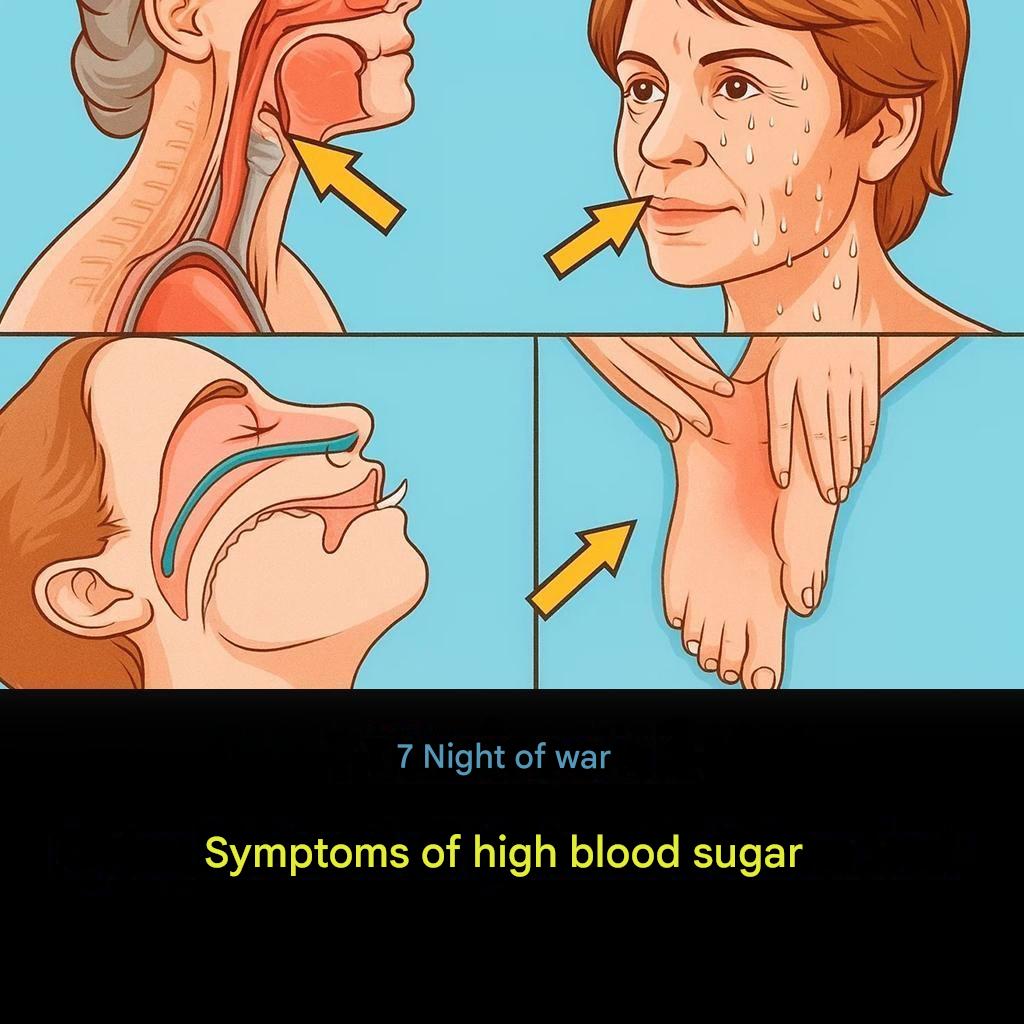Detecting High Blood Sugar: 7 Early Signs You Shouldn’t Ignore
Hyperglycemia, or high blood sugar, can cause subtle health problems long before you notice any obvious symptoms. Recognizing these early signs can help avoid serious complications and improve overall well-being.
The World Health Organization (WHO) defines hyperglycemia, better known as high blood sugar, as a fasting blood glucose level greater than 7.0 mmol/L (126 mg/dL) or 11.0 mmol/L (200 mg/dL) two hours after a meal. Although hyperglycemia occurs more often in people with diabetes, hyperglycemia can also occur in individuals at risk, particularly due to poor diet, lack of physical activity, or comorbidities.
This condition typically develops when the body fails to produce enough insulin, the hormone responsible for transporting glucose from the blood to cells, or becomes insulin resistant. Untreated hyperglycemia can gradually damage blood vessels, nerves, and vital organs, causing long-term health problems. Therefore, recognizing early symptoms is crucial to preventing complications and improving quality of life.
Below are seven main symptoms that may indicate that blood sugar levels are rising to unhealthy levels:
Continue reading…
